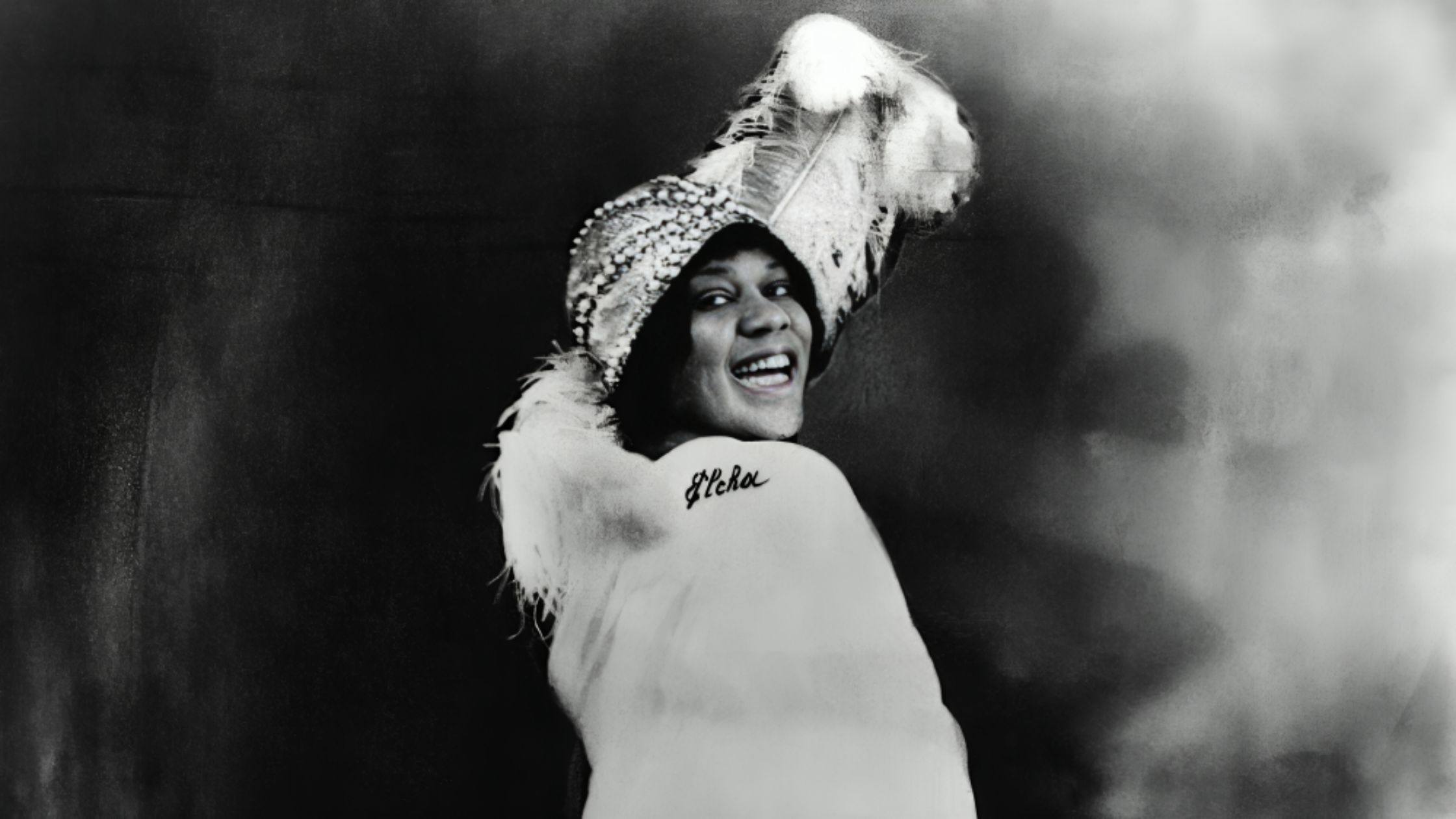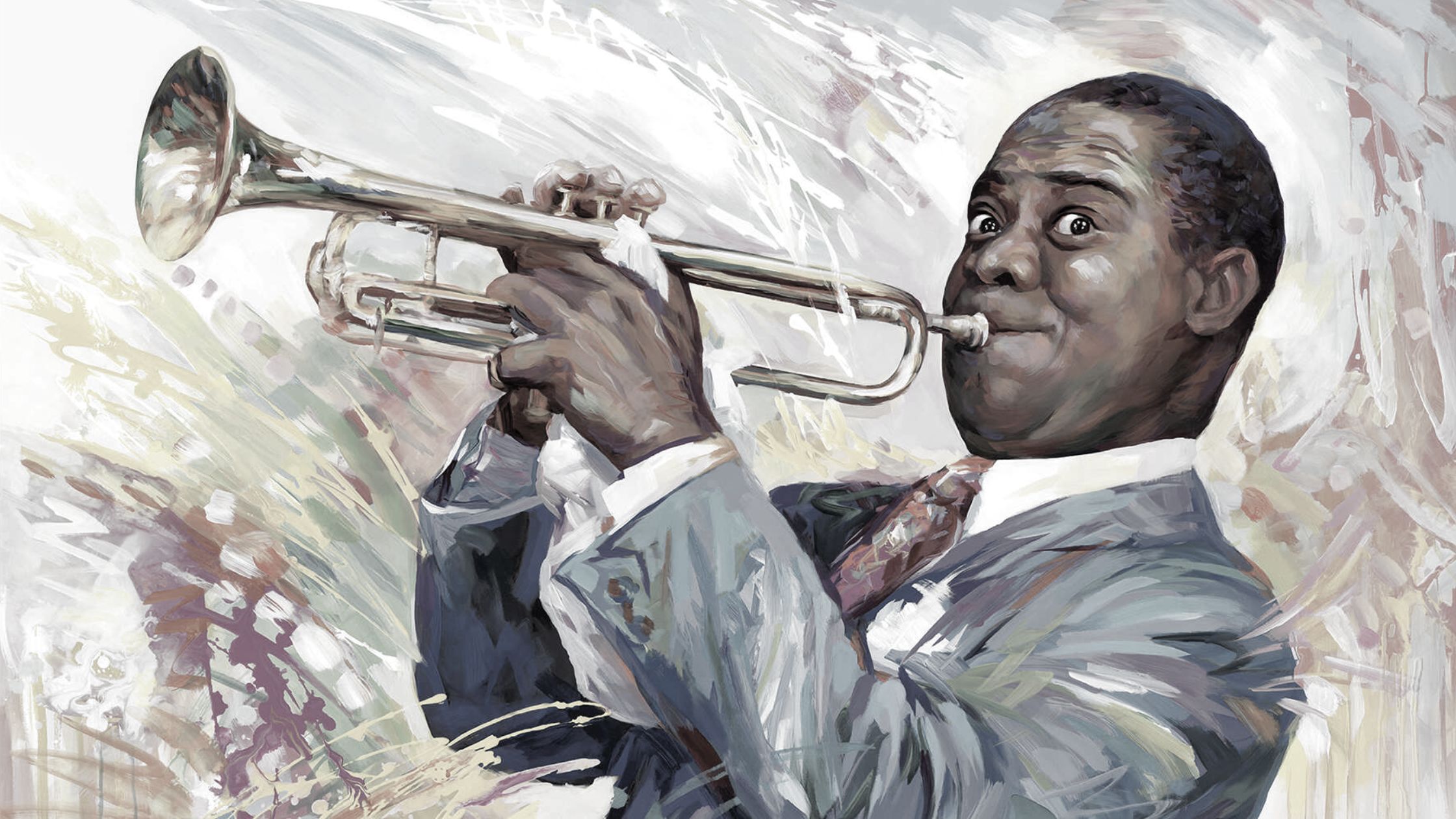Bessie Smith, often referred to as the “Empress of the Blues,” was one of the most influential figures in the history of American music. Born on April 15, 1894, in Chattanooga, Tennessee, Smith overcame significant hardships to become a trailblazer for both blues and jazz, inspiring generations of artists with her powerful voice, emotional depth, and commanding stage presence.
Early Life and Struggles
Bessie Smith was born into poverty as the youngest of seven children. Her father, a Baptist preacher, passed away shortly after her birth, leaving her mother to care for the large family. Tragically, her mother also died when Bessie was young, forcing her and her siblings to fend for themselves.
As a child, Smith began singing on street corners with her brother, earning small change from passersby. These humble beginnings were the foundation of her music career and her connection to the struggles of working-class African Americans.
The Start of a Legendary Career
In 1912, Smith joined a traveling minstrel troupe led by Ma Rainey, one of the earliest blues performers. Although Rainey did not formally train Smith, her influence was pivotal in shaping Smith’s style and understanding of stagecraft. By the early 1920s, Bessie had developed her own following in the South, known for her rich contralto voice and ability to convey profound emotion.
Her big break came in 1923 when she signed with Columbia Records. Her debut recording, “Downhearted Blues”, was an instant success, selling over 800,000 copies and cementing her status as a major star.
Cultural and Musical Impact
Bessie Smith’s music captured the pain, resilience, and joy of the African American experience during the early 20th century. Her songs often addressed themes of love, betrayal, poverty, and empowerment, resonating with audiences across racial and social divides.
Smith was also a trailblazer for women in the music industry. Her commanding presence and business acumen allowed her to maintain creative control over her career, a rarity for women of her era. Hits like “T’ain’t Nobody’s Bizness If I Do”, “St. Louis Blues”, and “Nobody Knows You When You’re Down and Out” showcased her versatility and mastery of the blues.
Challenges and Resilience
Despite her success, Smith faced challenges, including racism, sexism, and the struggles of maintaining her career during the Great Depression. Her popularity began to decline in the 1930s as tastes shifted toward swing and big band music. However, Smith’s impact on music endured, with her recordings influencing jazz and blues musicians for decades.
Tragic End and Lasting Legacy
On September 26, 1937, Bessie Smith died following a car accident in Mississippi. Her untimely death at the age of 43 cut short a career that had already left an indelible mark on music. She was buried in an unmarked grave, but in 1970, Janis Joplin and Juanita Green, a former employee of Smith’s, funded a tombstone to honor her memory.
Today, Bessie Smith is remembered as a pioneer who brought blues into the mainstream and gave a voice to the struggles and triumphs of her community. Her influence can be heard in the music of artists ranging from Billie Holiday to Aretha Franklin and beyond.
Key Contributions
- Known for her emotionally powerful voice and dramatic interpretations.
- Helped popularize blues as a mainstream musical genre.
- Recorded over 160 songs, many of which remain classics.
Bessie Smith’s legacy endures as a symbol of resilience, talent, and the transformative power of music.










